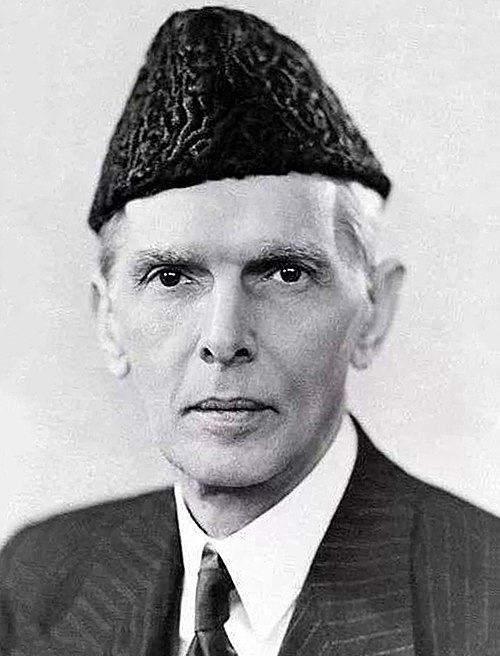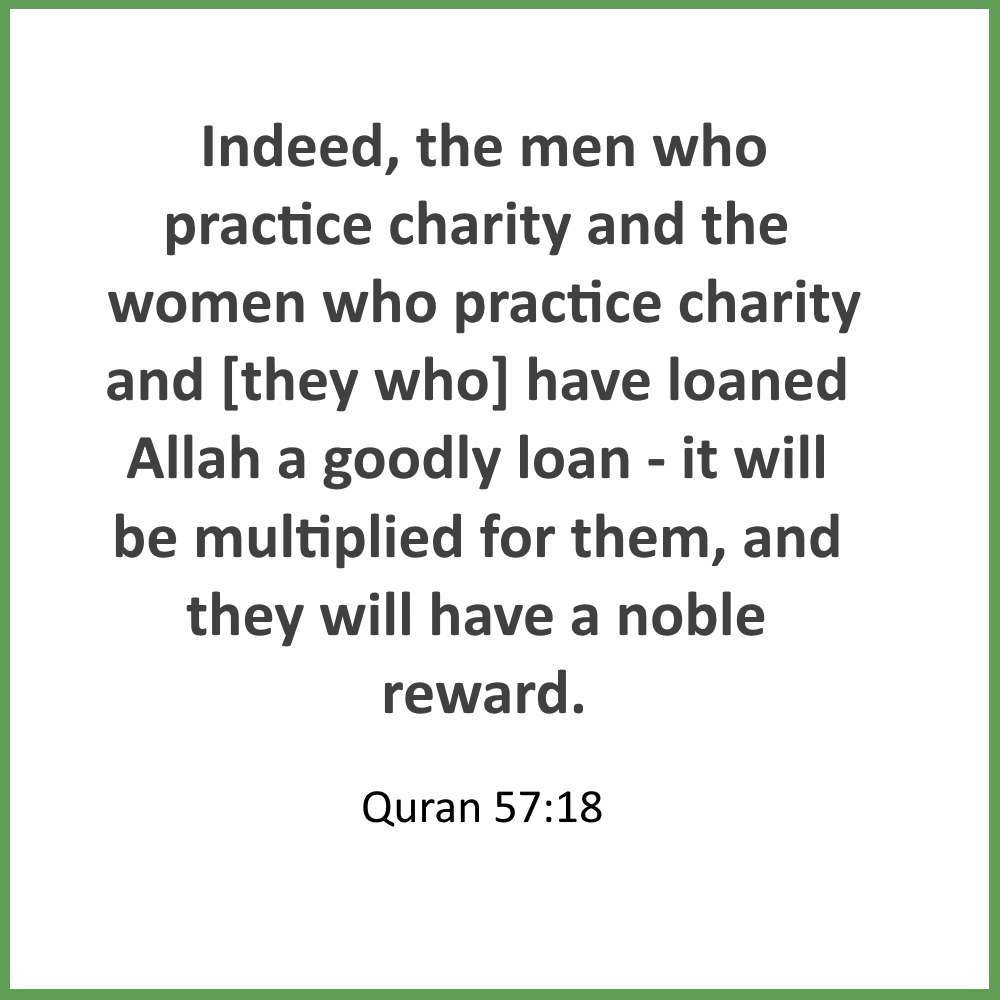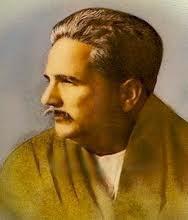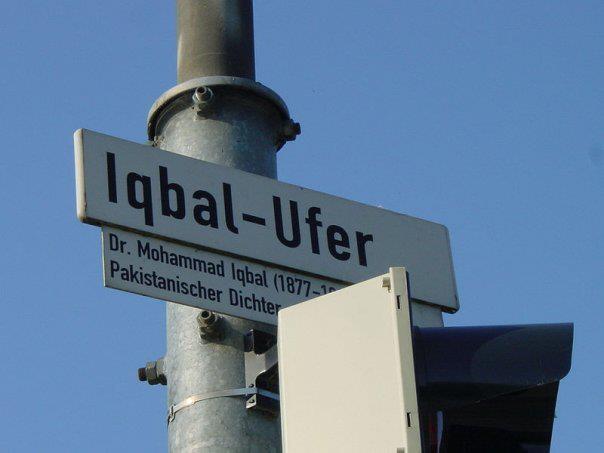‘Think a hundred times before you take any decision, but once a decision is taken, stand by it as one man.’, Muhammed Ali Jinnah.
[Its 135th birthday of father of The Nation today, 25-12-1876]


Allah says in Quran (57: 18-19)
Indeed, the men who practice charity and the women who practice charity and [they who] have loaned Allah a goodly loan – it will be multiplied for them, and they will have a noble reward.
And those who have believed in Allah and His messengers – those are [in the ranks of] the supporters of truth and the martyrs, with their Lord. For them is their reward and their light. But those who have disbelieved and denied Our verses – those are the companions of Hellfire.
Allah make us more charitable then we were in the past, to attain the noble reward in hereafter, ameen.


It’s almost 2012, a new year with insha Allah a lot of joy and happiness. We had planned to start with Shamma Ghar in the beginning of 2012. Unfortunately we haven’t completed our budget, but we have faith in Allah. Insha Allah we will keep trying.
We need donors / sponsors. If you know people who can help us, please let them know about us and bring us together. May Allah reward all of us for our good intentions.

Youm-e Wiladat of Allama Muhammed Iqbal 9th of november is a holiday in Pakistan.
Sir Muhammad Iqbal (Urdu: محمد اقبال) (November 9, 1877 – April 21, 1938) was a Muslim poet and philosopher born in Sialkot, British India (now in Pakistan), whose poetry in Urdu and Persian is considered to be among the greatest of the modern era.[1] He is commonly referred to as Allama Iqbal (علامہ اقبال, Allama lit. Scholar).
After studying in England and Germany, Iqbal established a law practice, but concentrated primarily on writing scholarly works on politics, economics, history, philosophy and religion. He is best known for his poetic works, including Asrar-e-Khudi—which brought a knighthood— Rumuz-e-Bekhudi, and the Bang-e-Dara, with its enduring patriotic song Tarana-e-Hind. In Afghanistan and Iran, where he is known as Iqbāl-e Lāhorī (اقبال لاهوری Iqbal of Lahore), he is highly regarded for his Persian works.
Iqbal was a strong proponent of the political and spiritual revival of Islamic civilization across the world, but specifically in India; a series of famous lectures he delivered to this effect were published as The Reconstruction of Religious Thought in Islam. One of the most prominent leaders of the All-India Muslim League, Iqbal encouraged the creation of a “state in northwestern India for Indian Muslims” in his 1930 presidential address.[2] Iqbal encouraged and worked closely with Muhammad Ali Jinnah, and he is known as Muffakir-e-Pakistan (“The Thinker of Pakistan”), Shair-e-Mashriq (“The Poet of the East”), and Hakeem-ul-Ummat (“The Sage of the Ummah”). He is officially recognised as the “national poet” in Pakistan. The anniversary of his birth (یوم ولادت محمد اقبال – Youm-e Wiladat-e Muḥammad Iqbāl) on November 9th is a holiday in Pakistan.
[The name of our NGO is also inspired by the work of Iqbal. He is source of great inpiration for us]


Allama Muhammed Iqbal earned his doctorate at the University of Heidelberg, Germany, in philosophy. Germans have paid tribute to him by naming a road “Iqbal-Ufer” in Heidelberg, after him.
